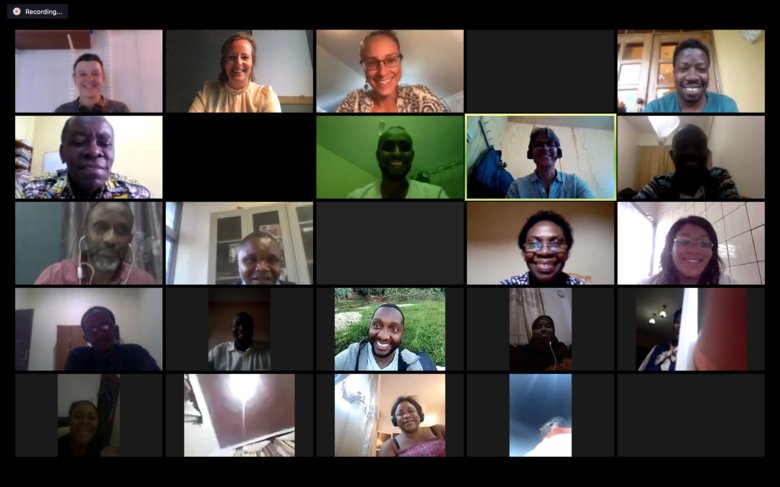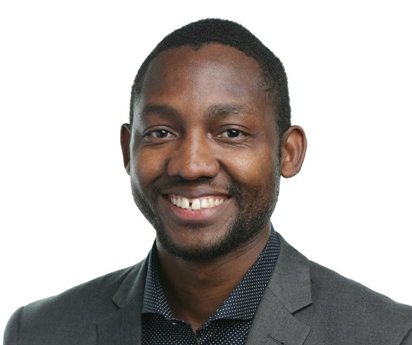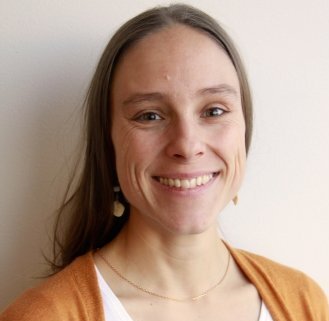How to use innovation to strengthen health care – new online training for professionals in Sub-Saharan Africa
Karolinska Institutet has together with its partners in Sub-Saharan Africa kick-started implementation of a new online training programme about sustainable health for professionals in the Democratic Republic of the Congo (DRC), Somalia and Uganda. The aim of the programme is to, based on the Agenda 2030, develop capacity to use innovative approaches to strengthen the health sector in the participants’ countries.

“I hope and believe our participants can be ambassadors for the Agenda 2030”
A selected group of 33 policy makers, civil servants, health care professionals, academics and representatives from non-governmental organisations from DRC, Somalia and Uganda are participating in the programme,“Managing innovation for sustainable health”. The group is diverse with regards to gender, age, background, roles and responsibilities, but all have managerial positions in their organisations. Another common denominator: their interest in and desire to strengthen health care in their countries.

In total 13 trainers from Karolinska Institutet, Makerere University, Benadir University, University of Kinshasa School of Public Health and the Norwegian NGO, Tinkr, are involved in the 11-month programme. There are high hopes for what the results can be in the long term. As Dr. Charles Batte, project team coordinator from Makerere University, says:
“I hope and believe that our participants can be ambassadors for the Agenda 2030 and the SDGs in their organisations, regions and countries. This programme will build their capacity to harness new innovative ways of doing things, applying a multisectoral approach to addressing emerging health challenges and putting the sustainable health approach at the very core of their day to day work."
Sustainable health: what opportunities are there and what actions can be taken
The training is centered around three modules; Agenda 2030, innovation and multisectoral collaboration. The content is based on the most recent research and best practices on sustainable health as well as managing innovation in order to address urgent yet complex challenges to health. There is a strong focus on creating a new way of learning and collaboration together with the participants and partner organisations.

“We intentionally set up the training in such a way as to ensure that links are encouraged across partnering countries. Participants are also supported and encouraged to come up with concrete innovative ideas addressing key health challenges in their local contexts”, explains Karin Båge, educational developer of the training programme at Karolinska Institutet.
Training is delivered entirely online but pending the restrictions for the COVID-19 pandemic, a regional field visit will be organized. The programme runs until June 2021.
About Managing innovation for sustainable health
The programme is developed and led by the Centre of Excellence for Sustainable Health, a collaboration between Karolinska Institutet and Makerere University. It is implemented by Karolinska Institutet, Makerere University, Benadir University, University of Kinshasa School of Public Health and the Norwegian NGO Tinkr.
Managing innovation for sustainable health is funded by the Swedish Institute and part of the SI Public Sector Innovation Programme, in which eight universities and colleges provide training programmes for public sector employees and elected representatives from more than twenty countries. The purpose is to strengthen the capacity of professionals to contribute to innovation in the public sector and support the implementation of the 2030 Agenda for sustainable development.
